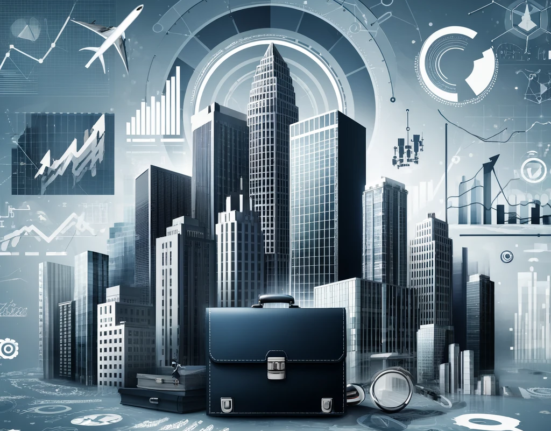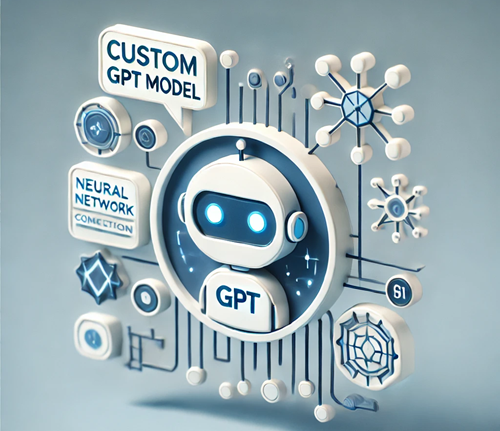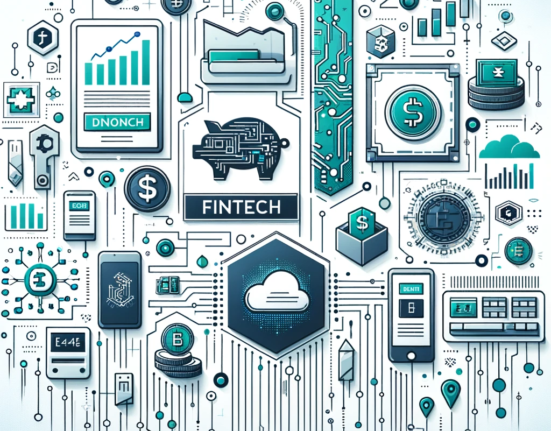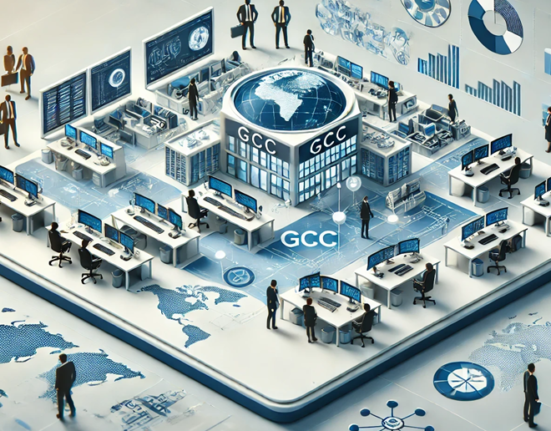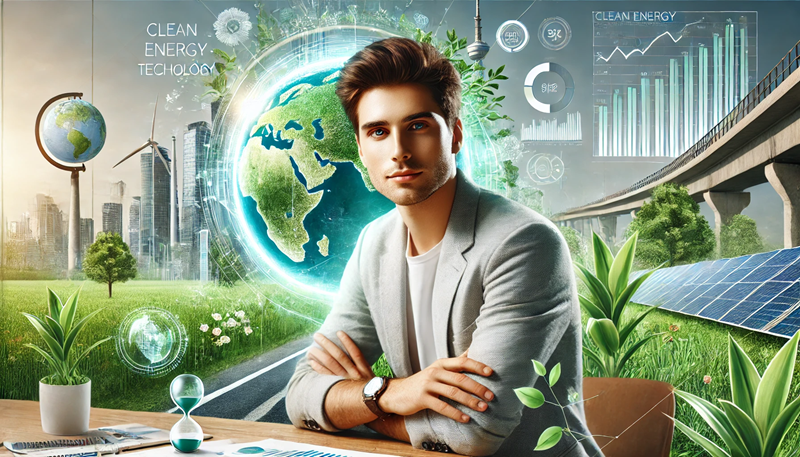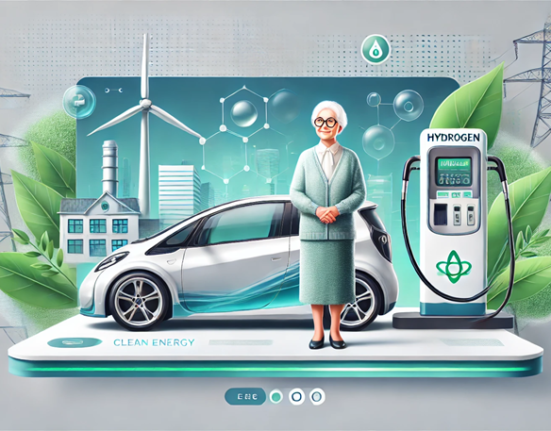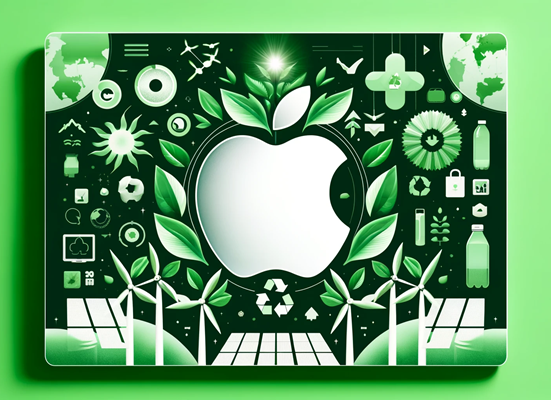As the urgency to combat climate change and environmental degradation intensifies, sustainability is no longer a choice but a necessity. By 2030, groundbreaking innovations are set to redefine green living, making sustainability an integral part of everyday life. In this blog, we’ll explore the trends and technologies that promise to reshape our world, fostering a future where people and the planet thrive together.
What is Sustainability, and Why Does it Matter in 2030?
Sustainability involves meeting the needs of the present without compromising the ability of future generations to meet their own. This principle extends to energy consumption, waste management, and environmental conservation. By 2030, the global focus on sustainability will only grow, driven by the increasing impacts of climate change, resource depletion, and a collective push for green living.
1. Renewable Energy Technologies Redefining the Energy Sector
The transition to renewable energy is at the heart of the sustainability movement. By 2030, solar panels, wind turbines, and advanced energy storage systems will dominate the energy landscape. Emerging innovations such as transparent solar panels and floating wind farms are set to increase efficiency and accessibility.
2. Smart Cities: Integrating Sustainability into Urban Living
Smart cities will play a pivotal role in the future of sustainability. Using IoT (Internet of Things), artificial intelligence, and big data, these cities will optimize resources, reduce emissions, and improve quality of life. Examples include energy-efficient buildings, autonomous public transportation, and urban farming initiatives.
3. Circular Economy: A New Model for Resource Management
The circular economy model emphasizes reusing, recycling, and upcycling materials to minimize waste. By 2030, businesses and consumers alike will prioritize products designed with recyclability and sustainability in mind. Startups focused on turning waste into resources will see exponential growth.
4. Green Technology Revolutionizing Transportation
Transportation innovations are paving the way for greener travel. By 2030, electric vehicles (EVs), hyperloop systems, and hydrogen-fueled cars will be widely adopted. Shared mobility solutions like electric scooters and autonomous shuttles will also reduce the carbon footprint of commuting.
5. Sustainable Agriculture and Food Tech Innovations
The agriculture sector is undergoing a significant transformation to address the challenges of climate change and food security. By 2030, vertical farming, lab-grown meats, and AI-powered precision agriculture will ensure efficient resource use and sustainable food production.
6. Green Building Materials for Sustainable Construction
The construction industry is embracing eco-friendly materials to reduce carbon emissions. Innovations like self-healing concrete, bamboo-based composites, and 3D-printed sustainable homes are expected to revolutionize the industry by 2030.
7. Advances in Water Conservation and Management
Water scarcity is a critical issue, and innovations in desalination, water recycling, and smart irrigation systems are crucial. By 2030, technologies like AI-driven leak detection and solar-powered desalination plants will make water management more efficient.
8. Carbon Capture and Storage (CCS): Fighting Climate Change
Carbon capture and storage technologies are advancing rapidly. By 2030, CCS solutions will help industries like power generation and manufacturing offset their emissions, contributing to global decarbonization efforts.
9. Sustainable Consumer Goods and Ethical Shopping
Consumer demand for sustainable products is reshaping the retail industry. By 2030, biodegradable packaging, ethical sourcing, and zero-waste products will become the norm. Brands investing in sustainability will lead the market.
10. AI and Big Data: Enabling Smarter Sustainability Decisions
Artificial intelligence and big data are empowering organizations to make informed sustainability decisions. Predictive analytics, energy optimization algorithms, and AI-powered waste management are shaping a greener future.
A Greener, Smarter Future Awaits
The innovations shaping green living by 2030 represent hope and opportunity for a more sustainable world. By adopting these advancements, businesses and individuals can contribute to reducing environmental impact while fostering economic growth. The time to act is now; together, we can create a future where sustainability is not just a goal but a way of life.


